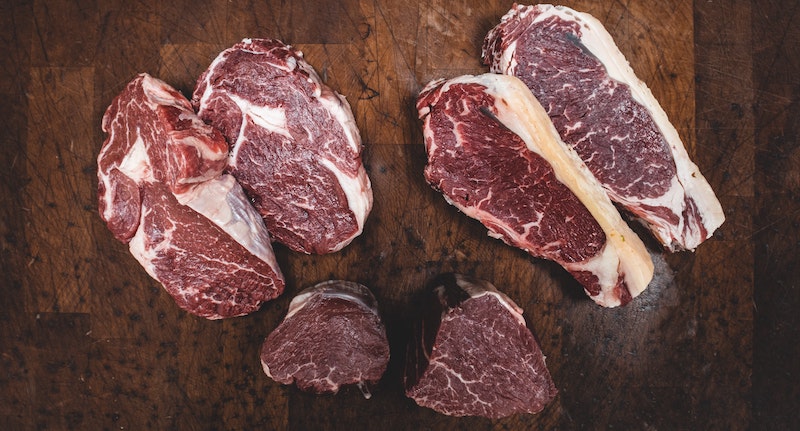For a long time, there have been many – including dietary experts – who felt like there was strong evidence suggesting that people should limit their intake of animal protein.
While the science at work here has been largely controversial, the debate was reignited several months ago when a new study raised more concerns over both red and processed meat.
Possible Cancer Link
Although evidence for a link between red and processed meat and cancer has been mounting for several years, a 2015 analysis by the World Health Organization (WHO) provided the loudest testimony.
By reviewing the findings from over 800 studies, WHO was able to officially classify processed meat as a carcinogen. Red meat is also now concerned “probably carcinogenic” - the research is still a little mixed on that one.
What Are We Talking About?
But what, exactly, is WHO classifying as red and processed meat? Red meat, as you may know, would include beef, mutton and goat.

Processed meat, though, is a much more general term and refers to anything that's been, "transformed through salting, curing, fermentation, smoking or other processes to enhance flavor or improve preservation."
This would include white meat and poultry products that have undergone these processes. Just to be clear, this study indicates that supposedly healthy products like turkey bacon and chicken sausage actually carry with them a higher risk of cancer – due to the processing – than a steak would.
Safe Alternatives
So, we're left with a pretty significant question: How can you safely meet your daily protein requirements, then?
When searching for an alternative, it's important to you look for something that is organically grown and produced – a protein-source that won't bring its own list of concerns with it. This can be tricky, since so many protein powders, beverages and bars are over-processed and loaded with potentially harmful substances.
Fortunately, there are many organic protein sources available that can be of use in this challenging situation.

Naked Nutrition is proud to offer a range of products that are organically produced and minimally processed to help you meet your nutritional needs without having to worry about the potential side effects. Plant-based protein powders – like rice and pea protein – are especially intriguing in this regard.
Not only are they solid sources of quality protein but they are full of micronutrient and antioxidants that could help to ward off the carcinogenic effect of other foods.
Even the more traditional milk-based proteins, whey and casein, can be helpful here. Because they are sourced from grass-fed, organically-raised cattle these organic protein powders are free from pesticides and other harmful chemicals.
Again, these protein powders are also minimally processed to avoid both limiting their natural benefits and introducing any harmful substances.





